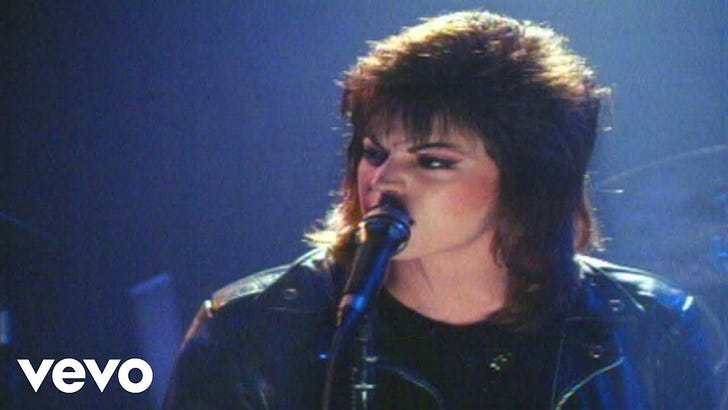I went to Cleveland in late 1986 to visit the set of the Paul Schrader film Light of Day (released to mixed reviews of all kinds on Feb. 6, 1987). I was writing a story for Newsday's Sunday magazine about Joan Jett, Long Island's second most famous rock star after Billy Joel, for those who don't know. (I know Pat Benatar sold more records, but she didn't stick around Lindenhurst, N.Y. after stardom beckoned.)
In the movie, she and Michael J. Fox are brother and sister, factory workers by day, and at night members of a Cleveland band called Barbusters, which also featured Michael McKean, the comedy writer and actor of This is Spinal Tap acclaim. Jett is a neglectful single mom whose child is being raised by their mother, played by Gena Rowlands. Being a Paul Schrader movie, there is a lot about faith and reconciliation, responsibility and artistic ambition. Critics wrote about Schrader's Calvinism, and the movie really needed to be more Hobbesian: as in "Calvin & Hobbes." To provide so…
Keep reading with a 7-day free trial
Subscribe to Critical Conditions by Wayne Robins to keep reading this post and get 7 days of free access to the full post archives.



